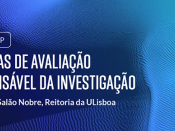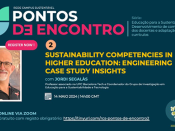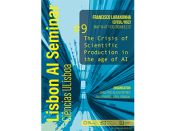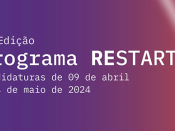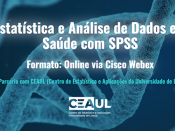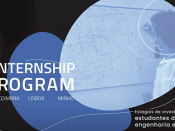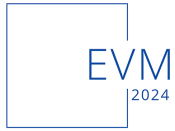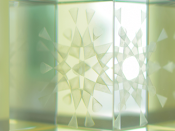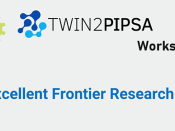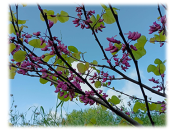Por Denis Bourguet e Thomas Guillemaud (French National Research Institute of Agronomy and Environment - INRAE and Peer Community In).
The Peer Community in (PCI, https://peercommunityin.org) project offers an alternative to the current system of publication - which is particularly expensive and not transparent. PCI is a non-profit scientific organization building communities of researchers handling the evaluation of (through peer review) and recommending preprints in their scientific field. Each PCI is a group of several hundred recommenders playing the role of editors who recommend such preprints based on peer-reviews to make them complete, reliable and citable articles, without the need for publication in ‘traditional’ journals (although the authors can submit their recommended preprints afterwards). Evaluations and recommendations by a PCI are free of charge. When a recommender decides to recommend a preprint, they write a recommendation text that is published along with all the editorial correspondence (reviews, recommender's decisions, authors’ replies) by PCI. The preprint itself is not published by PCI: it remains in the preprint server where it has been posted by the authors and can therefore be submitted to a journal and publish in Peer Community Journal, an open access diamond journal that PCI will launch, this fall. The first Peer Community in has been launched in 2017: Peer Community in Evolutionary Biology (PCI Evol Biol). PCI genomics was created two years ago. More than 1200 recommenders have already joined PCI Evol Biol, PCI Genomics, PCI Paleontology, PCI Ecology, PCI Animal Science, PCI Zoology, PCI Mathematical and Computational Biology, PCI Archaeology, etc. PCI won the 2020 LIBER award for library innovation of the European League of Research Libraries.
Transmissão em direto via Zoom.





